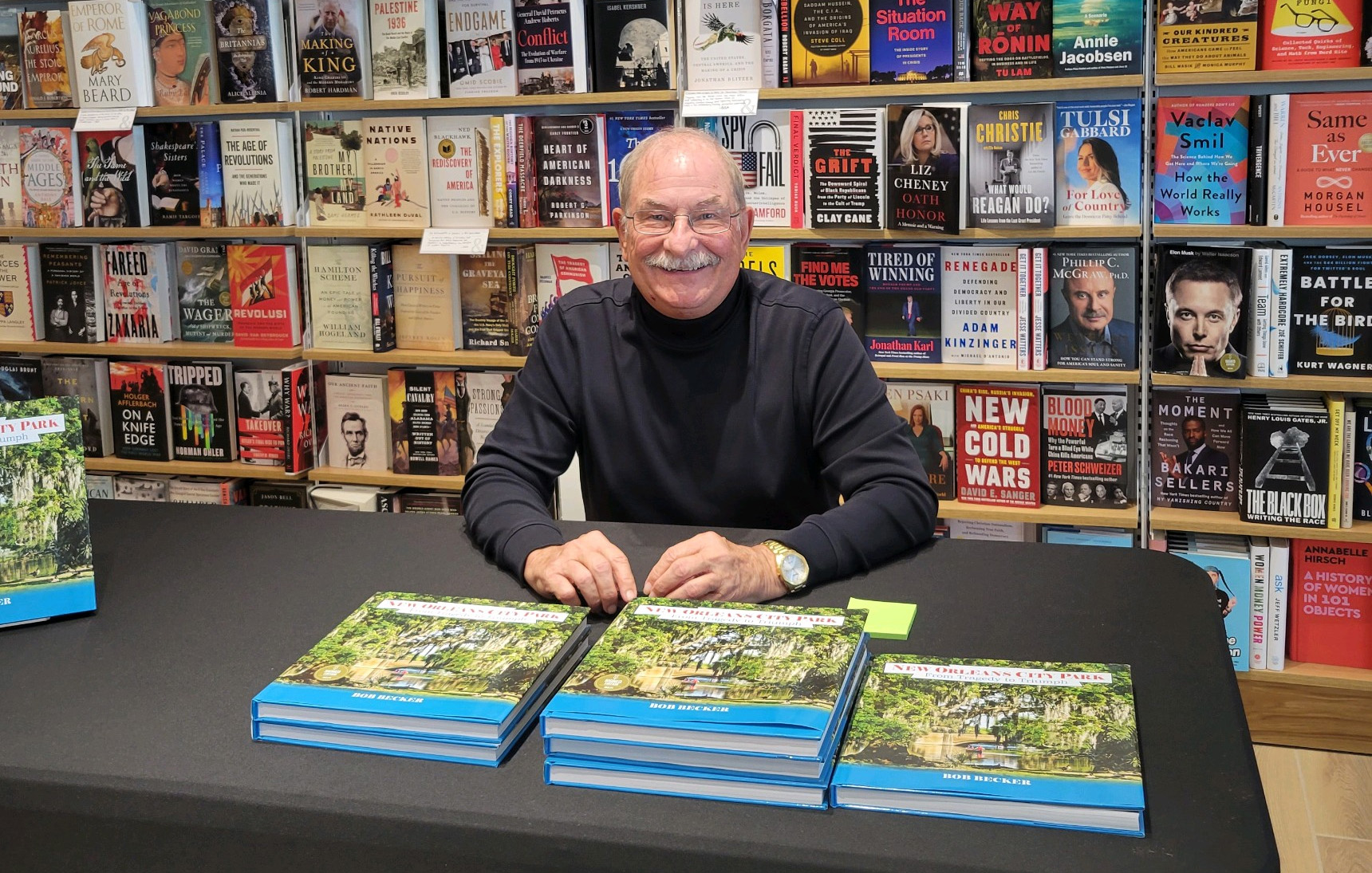
Robert Becker, PhD, had never been west of Lake Erie when he decided to attend graduate school at the University of Iowa.
“I didn’t even know where I was going when I flew into Iowa City and started my graduate career,” Becker says.
Becker’s time in Iowa’s urban planning program shaped his fifty-year career and was influential on his first novel on disaster recovery.
Originally from the East Coast, Becker always had an interest in cities. Through researching a variety of city-related careers, Becker decided that he wanted to be a planner, and his search turned from jobs to graduate degree programs.
Becker connected with Jim Harris – the founding chair of UI’s School of Urban and Regional Planning (URP). At the time the URP program was only a year old, and Harris was looking to grow Iowa’s new program. Part of that process was attracting students from outside the Midwest like Becker.
As a first-generation student from a middle-class family, Iowa offered him the financial and academic incentives he needed.
“Choosing Iowa was a decision that changed my life,” Becker recalls.
The faculty at Iowa weren’t just great at teaching, they were also mentors for Becker. Harris assisted him in securing an internship with the City of Baltimore Planning Commission. In Baltimore, Becker worked alongside other planners in the city, and he even found his thesis topic through their Neighborhood Planning Division.
In the program, planners were assigned to neighborhoods to work directly with citizens of the city. Becker spent most of time working alongside a planner finding ways to engage the community in neighborhood meetings. The planner assigned Becker to research a new method for engagement called the Charette Procedure, which became the focus of his thesis.
The Charette Procedure is a collaborative process that enables a large group of people to contribute meaningfully to a project and create an outcome together.
Triumph after tragedy
When Becker graduated in 1971 the New Orleans City Planning Commission called and offered him a position. “I told my wife we’re only going to be in New Orleans for a couple of years. 53 years later and we’re still in New Orleans,” he jokes.
Becker spent 17 years with the planning commission, serving as Director of City Planning for the last seven. After that, he spent 12 years with the Audubon Nature Institute where he was able to add zookeeper to his resume.
In 2001, Becker joined New Orleans City Park’s board of directors to help create the first master plan for the park in over two decades. The master plan was completed in March 2005, months before Hurricane Katrina would destroy all 1300 acres of the park.
“Katrina fundamentally changed everything,” Becker says. “It was a crisis for us, but through it we raised 200 million dollars for the park and rebuilt. There would have been no recovery of New Orleans from Hurricane Katrina without recovery of the park.”
Becker credits his time at Iowa and his previous roles for giving him the skills he needed to spearhead the decade-long recovery efforts. His dedication and work have been recognized within the field. In 2024, he was awarded the Adrian Freund Lifetime Achievement Award from the American Planning Association's Hazard Mitigation and Disaster Recovery Planning Division.
Mapping out the manuscript
In 2020, Becker was planning to retire, but because of the COVID-19 pandemic, he remained on for one more year. During this time, Becker started writing a book to share his experiences over the last twenty years and provide future generations of urban planners with a solid foundation to build on.
The book, New Orleans City Park: From Tragedy to Triumph, was published in October 2023, and Becker added one more title to his growing list.
“Now I'm a city planner, I'm a zoo manager, I'm a park director and I'm an author,” Becker laughs.
Even though Becker is now retired, he continues to share his experience and expertise. He frequently meets with neighborhood associations and bookstores to talk about his book. He’s shared the book with adjunct professors at Iowa and is even starting on his second book to fit all the stories he couldn’t in the first.
Home is where the Hawkeyes are
Becker still resides in New Orleans with his wife Pat, a retired teacher, and their golden retriever Maggie, but the University of Iowa will always be a place he feels a connection with. “It made my future really,” he says. “I could have gone to a number of graduate programs, but they wanted me. I was not just another person, and there’s nothing that gives you more loyalty to a program than when they want you.”
Even from afar, Becker continues to be involved in the URP program at Iowa, and his presence has been instrumental for the school. Becker also helped create the school’s endowment program.
According to School of Planning and Public Affairs (SPPA) Director Haifeng Qian, Becker’s legacy is clear. “Bob has provided unwavering support to our program over the years,” Qian says. “He has been a member of our Urban Planning Advisory Board since its inception, consistently offering valuable recommendations to make SPPA stronger.”
Becker was part of the group that oversaw the addition of the Public Affairs degree to the school which celebrated its first cohort of graduates in 2022.
“It’s hard in some ways because Iowa isn’t the first place you think about going for an urban experience,” Becker reflects. “But Iowa has cities just like every state does. I’ve seen the school participate and help small cities with urban environments.”
Becker’s commitment to Iowa underscores his belief in finding and following your passion no matter where it leads you. His advice to graduate students is to be able to identify where their interests lie. He says, “Unless you can play the guitar like Eric Clapton, you need to find out what interests you and something think you can spend your life doing.”